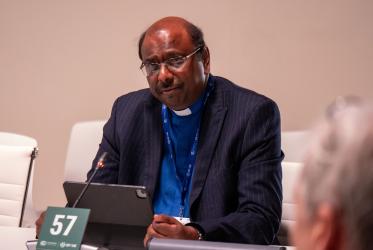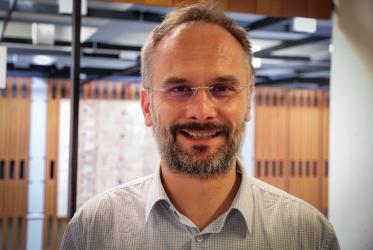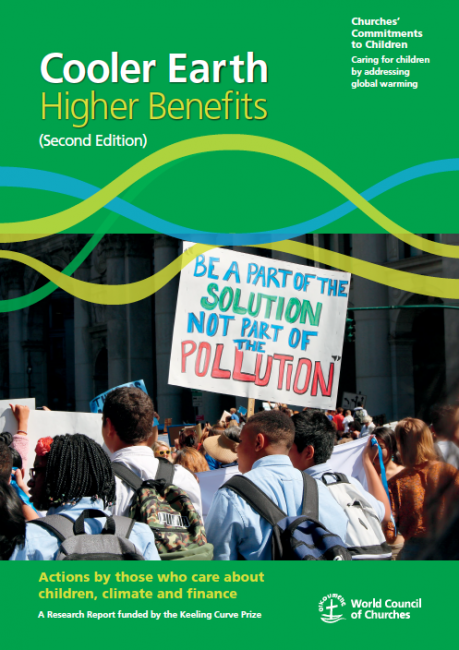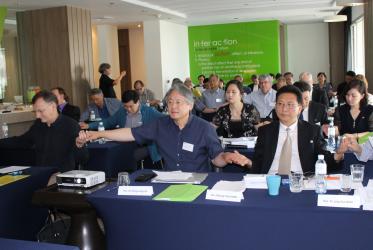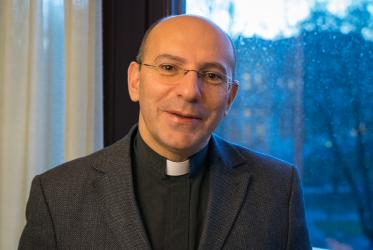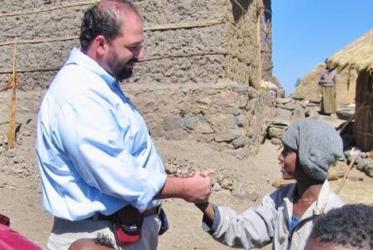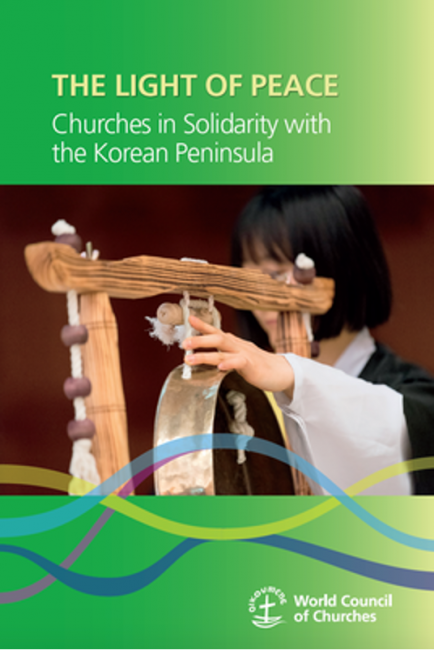Displaying 1 - 18 of 18
At COP28, WCC general secretary hopes for “less talk and more walk”
01 December 2023
Recommended Practices to Combat HIV-Related Stigma
A Guidebook for Local Faith Communities
05 October 2023
Faith Sector Implementation of the Global AIDS Strategy
05 October 2023
Cooler Earth – Higher Benefits Second Edition
Actions by those who care about children, climate and finance
02 July 2021
Peace and unity on the Korean Peninsula matters globally
25 February 2021
A hopeful, but not optimistic Palestinian ecumenist
09 December 2020
Cooler Earth - Higher Benefits
Actions by those who care about children, climate and finance.
20 November 2020

